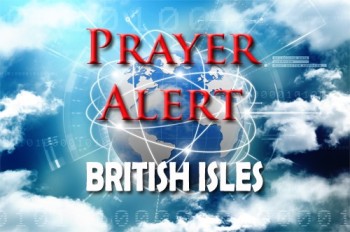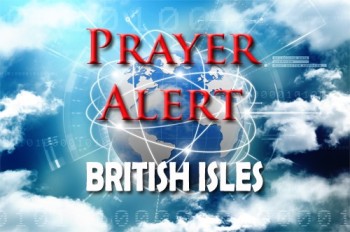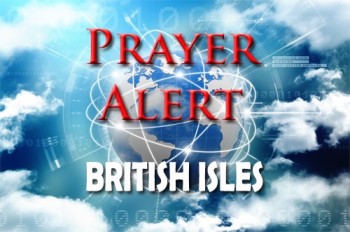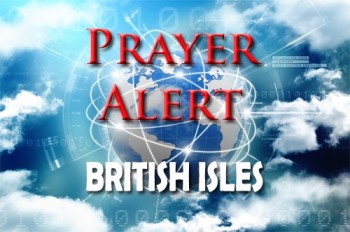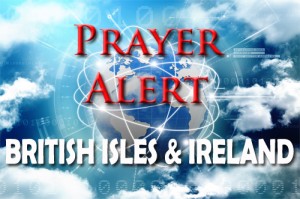Displaying items by tag: SNP
Scotland: John Swinney set to be new first minister
John Swinney has officially launched his bid to succeed Humza Yousaf, who stepped down on 29 April. Swinney, a former cabinet secretary who served as party leader from 2000 to 2004, says he is aiming to 'unite Scotland for independence’. He will probably be unopposed, now that Kate Forbes, the only other likely candidate, has indicated that she does not intend to stand and has officially endorsed him. Nominations close on 6 May; if nobody else comes forward, Swinney will automatically assume party leadership and become first minister. His campaign resonates with commitments to continue SNP’s work and strengthen the independence movement: see
SNP investigated
The SNP is reviewing party management after finance controversies. Colin Beattie was reappointed as treasurer in 2021 after previously holding the position for 16 years. Police arrested him on 18 April in an investigation into SNP finances. First minister Humza Yousaf said this arrest was a very serious matter but Mr Beattie was not suspended from the position as people are innocent until proven guilty. The next day Beattie resigned as treasurer, saying he would also step back from his role on the public audit committee until the police investigation had concluded. His arrest had come just hours before Mr Yousaf set out his government's priorities for the next three years. He said that he decided to resign to avoid further distractions to the important work being led by Mr Yousaf to improve the SNP's governance and transparency. Nicola Sturgeon’s husband was arrested two weeks ago but released without charge, pending further inquiries into this investigation.
Nicola Sturgeon’s husband arrested
Peter Murrell, Nicola Sturgeon’s husband, was arrested, questioned for eleven hours and then released pending further investigation into the SNP’s fundraising and finances. Searches were carried out at a number of addresses including his home and SNP offices. The inquiry was launched after complaints about the SNP’s handling of £600,000 in donations raised by the party, ostensibly to campaign for and hold a second independence referendum. It is alleged that the money was used instead to help with the party’s day-to-day running costs. As the investigation is ongoing the police are unable to comment further. A report will be sent to the Crown Office and the Procurator Fiscal Service. On 19 March Murrell resigned after misleading the media about party membership numbers. He had been chief executive since 1999 and was responsible for running the SNP. On 1 April the SNP decided to review its governance and transparency. See
Scotland: new SNP leader
New SNP leader Humza Yousaf has said that despite his battles with the UK government he will work with them and other devolved nations constructively. Rishi Sunak congratulated Nicola Sturgeon's successor, saying they should both focus on ‘issues that matter to people’, like reducing inflation, rather than Scottish independence. Yousaf told his party, ‘Now it is time for the SNP to come together and deliver independence.’ He paid tribute to his rivals, finance secretary Forbes and former minister Regan, saying, ‘I know collectively we will continue to work hard as part of Team SNP’. https://www.bbc.co.uk/news/live/uk-scotland-65086830 Mr Yousaf had been health secretary, so is aware of the mammoth need to fix health and social care problems. 600,000+ are on a waiting list; A&E departments are regularly full. One in six hospital patients cannot get out, despite being ready to be discharged.
Scotland: battle over fracking
Petrochemicals giant Ineos is taking SNP ministers to court, to overturn their ‘unlawful’ fracking ban. The SNP faces a protracted legal fight, potentially spending millions of pounds of taxpayers’ money, to keep Scotland free of fracking. In England, there are currently ten more fracking applications. Global fracking is driven by the depletion of fossil fuels, leading to the exploitation of increasingly harder-to-extract resources that can have a damaging effect on communities. Evidence (increasingly hard to ignore) from the USA, Canada, and Australia, where tens of thousands of wells have already been drilled, is that fracking destroys water supplies, air quality, and people’s health. Beyond these issues lurk local and regional impacts like ‘orphaned wells’ (abandoned wells sending toxic pollutants into the environment). It is believed that financially successful UK fracking would require tens of thousands of wells to be drilled. See also the previous article, on Cleaner greener Britain, and
